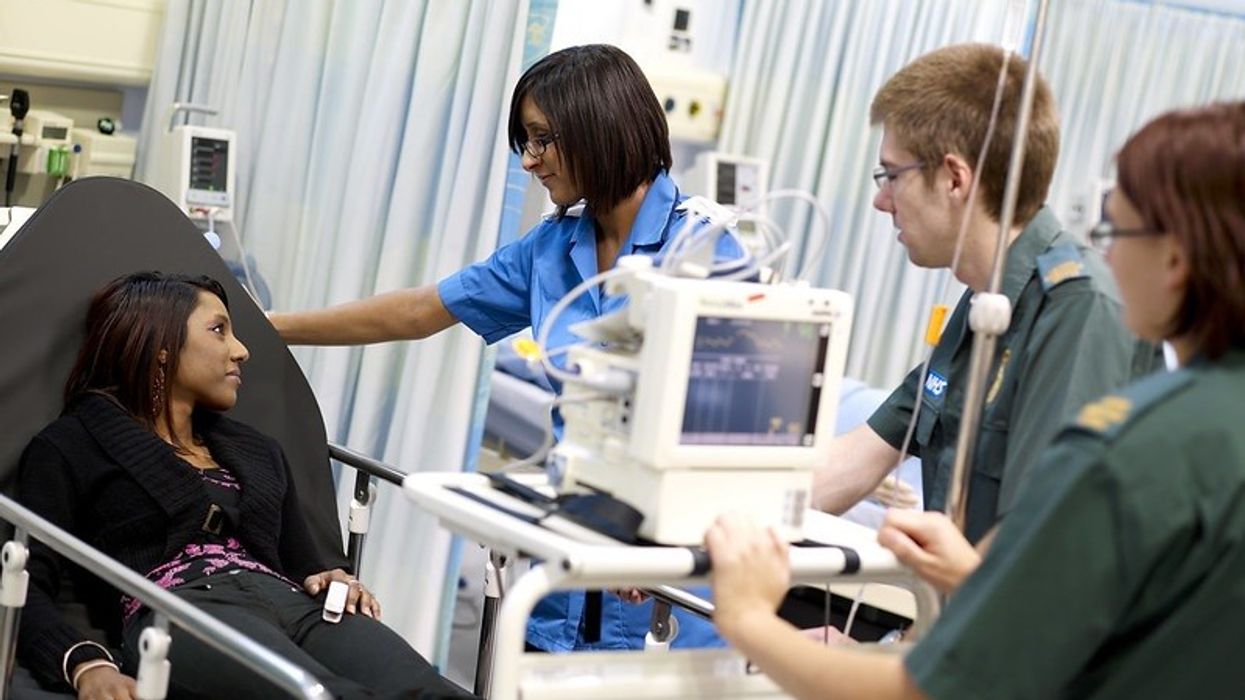Hospital administrators are issuing warnings about the necessity to curtail plans for additional bed openings due to a lack of funds, particularly for winter preparedness.
NHS Providers, representing managers, conveyed this cautionary message following the Treasury's rejection of a plea for an additional £1 billion to cover strike-related costs.
The organisation also mentioned a pause in workforce recruitment to address staff shortages, the BBC reported.
However, the government asserted that winter planning remains on track, pointing out to the successful establishment of 10,000 "virtual" hospital beds, where doctors monitor patients remotely, and also progress in adding 5,000 new permanent hospital beds, representing a 5% increase in numbers.
A department of health and social care spokesman said, "We recognise the challenges the NHS faces over the coming months, which is why we started preparing for winter earlier than ever.”
NHS Providers have however expressed concerns that the measures being implemented might be inadequate.
Hospital administrators are worried about the potential risk the extra escalation beds face this year. These beds are usually opened temporarily during winter to handle increased demand.
Staff recruitment is also under threat, with one in 10 posts currently vacant.
Additionally, the cost of industrial action to the health service is estimated to have cost £1 billion this year but the Treasury confirmed last week that only an additional £100 million would be allocated to the NHS to cover the cost of strikes.
The NHS has received instructions to find the remaining £900 million by making savings in areas like information technology (IT) and maintenance, and by utilising £200 million from winter funds.
A survey conducted by NHS Providers received responses from just over half of the trusts. Three-quarters of the respondents indicated a deteriorating financial situation compared to the previous year, posing a risk to patients' safety.
NHS Providers chief executive Sir Julian Hartley expressed "palpable frustration" at the Treasury's reluctance to offer additional funding.
He noted that it would be "really difficult" to address the growing number of people waiting for treatment, which the government has identified as a crucial priority.
Figures that were published last week revealed a record 7.8 million individuals on the waiting list.
Sir Julian Hartley conveyed a "sense of dread" regarding the possibility of doctors initiating additional strikes as winter approached. He highlighted that the previous year witnessed record wait times for ambulances and in accident-and-emergency departments.
Preliminary discussions between the British Medical Association and Steve Barclay had commenced before he was succeeded by Victoria Atkins as health secretary on Monday (13).




